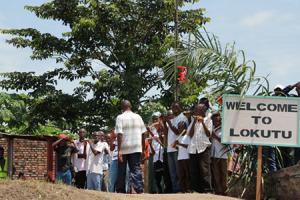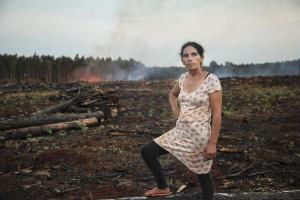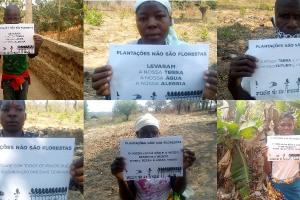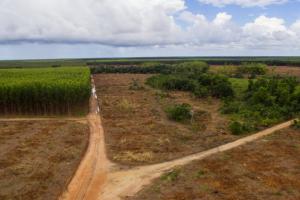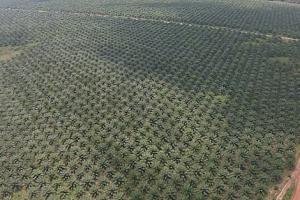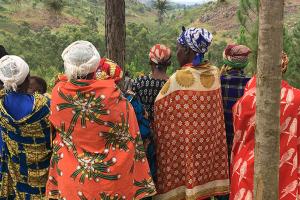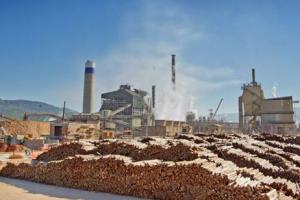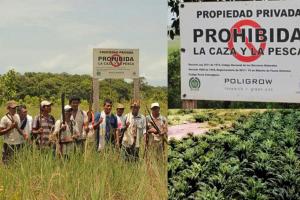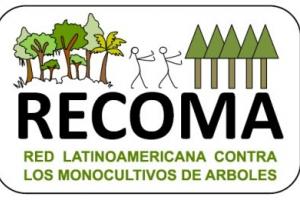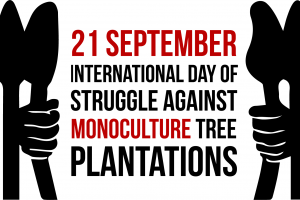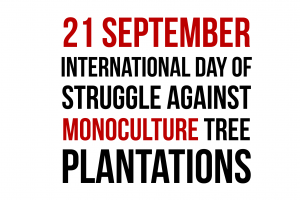Struggles Against Tree Monocultures
Corporate profit drives land grabs to install industrial tree monocultures. Where industrial plantations take root, communities' territories and lives are violently invaded, their forests destroyed and their water polluted. When communities resist, companies tend to respond with aggression. Despite this extreme violence, communities around the world are resisting, organizing and joining forces to defend their territories. Every September 21 the International Day of Struggle against Monoculture Tree Plantations is celebrated.
European development banks have financed a plantation company in DRC that is built on injustice and violence dating back to a colonial-era land grab. When the company went bankrupt in 2020, the banks chose to uphold the plantation model.
On the eve of the International Day of Struggle against Monoculture Tree Plantations, an open letter signed by more than 730 members of Mozambican communities, and 120 organizations from 40 countries has been released.
This Open Letter is a public reply from the Alert against the Green Desert Network from Brazil and WRM to an email from the investment department of the HSBC bank in the USA, requesting more information regarding the Suzano paper and pulp corporation in Brazil.
Despite the various tactics that try to hide the underlying harm and violence behind large scale tree plantations, each year, communities and movements raise up on September 21st to give visibility to their struggles and to denounce the detrimental impacts tree plantations have on their lives and territories.
The large-scale plantations from UK-based New Forests Company (NFC) have meant violence for thousands of residents from Mubende, Uganda. More than 15 years after the company began its operations, affected communities still confront the long-lasting and severe damages.
Several of Sappi’s plantations have been converted from pine to eucalyptus trees without authorization. Data obtained in over 75 years to verify timber plantations’ water use demonstrate that eucalyptus trees use 30 to 50% more water than pine trees.
Colombia: Palm-Producing Company Poligrow Plans to Grab more Land under the “Small Producers” Scheme
Violence, massacre and forced displacement in the context of the armed conflict in Colombia have served to advance the industrial cultivation of oil palm. Palm-producing company Poligrow has an undeniable role in land-grabbing and intimidation in the municipality of Mapiripán.
Conversatorio virtual realizado el 21 de Septiembre de 2020, en conmemoración del Día Internacional de Lucha contra los Monocultivos de Árboles. Organizado por la Red Latinoamericana contra los Monocultivos de Árboles (Recoma).
We share the Declaration of the Latin American Network Against Monoculture Tree Plantations.
Sign this letter to alert people in the global North! Stop development agencies from promoting expansion of large-scale tree plantations.
It is a day for organizations, networks and movements to celebrate resistance and raise their voices to demand, “Stop the Expansion of Monoculture Tree Plantations!"
